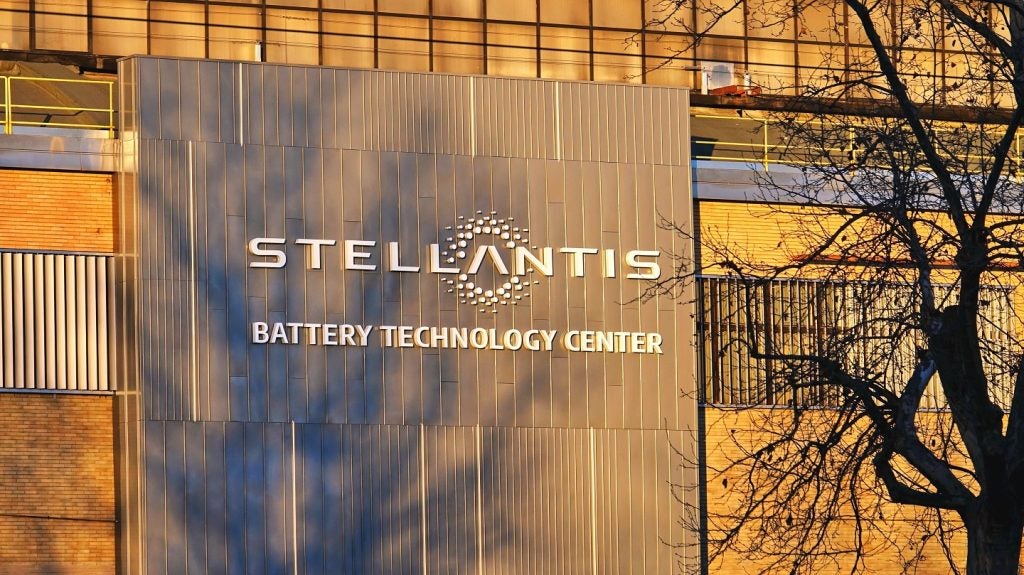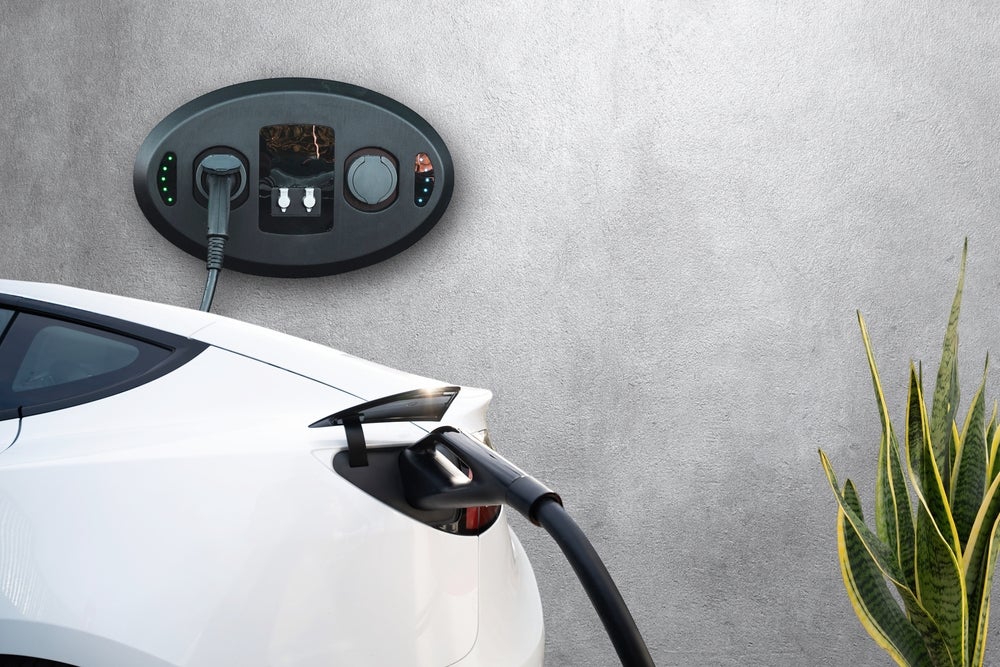
The UK car market has witnessed its strongest February in two decades, according to the Society of Motor Manufacturers and Traders (SMMT).
During the period, there was a 14% increase in new car registrations, totalling 84,886 units.
This growth was attributed to a 19th consecutive month of expansion, primarily fuelled by fleet and business investments in new vehicles.
Fleet registrations saw a rise of 25.2% while business registrations increased by 15.5%.
In contrast, private demand fell by 2.6%, holding a 33.7% share of the market.
February’s performance, typically a low-volume month, precedes the March registration plate change, which often sees a spike in vehicle purchases.
How well do you really know your competitors?
Access the most comprehensive Company Profiles on the market, powered by GlobalData. Save hours of research. Gain competitive edge.

Thank you!
Your download email will arrive shortly
Not ready to buy yet? Download a free sample
We are confident about the unique quality of our Company Profiles. However, we want you to make the most beneficial decision for your business, so we offer a free sample that you can download by submitting the below form
By GlobalDataElectric vehicles continued to gain traction, with hybrid electric vehicles (HEVs) growing by 12.1%.
Plug-in hybrids (PHEVs) experienced a 29.1% growth, and battery electric vehicles (BEVs) also outperformed the overall market with a 21.8% increase in registrations.
Fleet purchases have been driving the uptake of BEVs, supported by fiscal incentives, while private buyers, representing less than one in five new BEVs, face barriers due to a lack of substantial incentives.
SMMT said the upcoming budget presents an opportunity for the Chancellor to boost demand by reducing VAT on new electric vehicles (EVs), amending Vehicle Excise Duty (VED) changes, and aligning VAT on public charging with home charging rates.
Private EV buyers currently pay the full 20% VAT, unlike other green technologies such as heat pumps and solar panels.
A reduction in VAT could save the average EV buyer approximately £4,000.
SMMT chief executive Mike Hawes said: “The new car market’s ability to deliver growth continues with its best February for 20 years and this week’s Budget is an opportunity to ensure that growth is greener.
“Tackling the triple tax barrier as the market embarks on its busiest month of the year would boost EV demand, cutting carbon emissions and energising the economy. It will deliver a faster and fairer zero-emission transition, putting Britain’s EV ambition back in the fast lane.”
Last month, SMMT reported a 26.9% surge in UK commercial vehicle (CV) production for January 2024, marking the highest output in 16 years.







